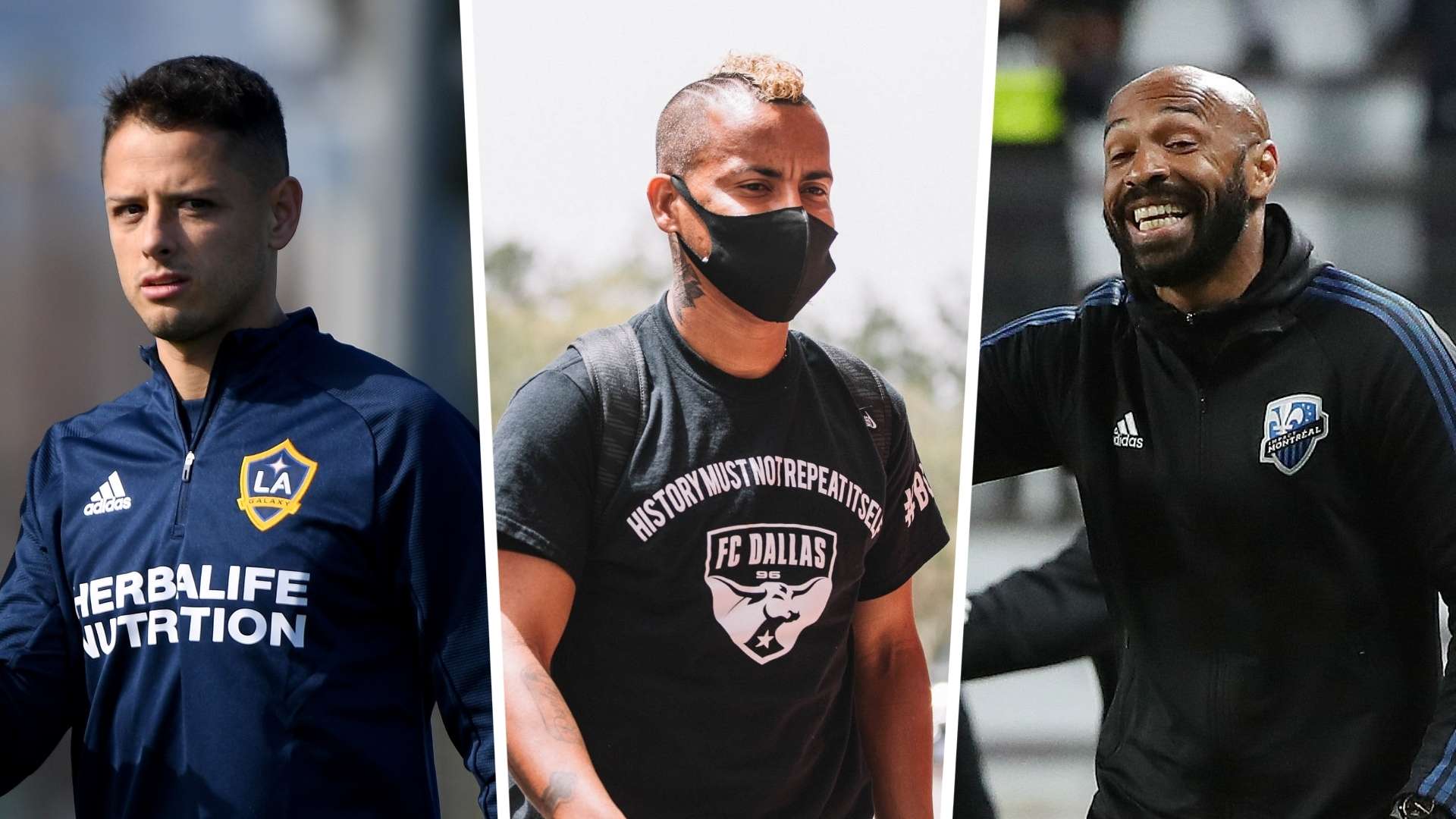Nearly four months to the day since teams last took the field for Week Two of the regular season, the aptly-named 'MLS is Back' tournament is set to get underway on Wednesday in Orlando.
When it does, MLS will become the first major men's sports league in America to return to play, putting a spotlight on it unlike at any time before.
When play does resume on Wednesday with Orlando City's clash against Inter Miami, it will be the start of a month-long tournament, with the winner earning a spot in next season's CONCACAF Champions League.
Group stage matches will count towards the regular season and, if the MLS playoffs are any indication, the knockout round will surely provide plenty of chaos and entertainment.
However, while there are plenty of reasons for excitement, there is also reason for caution.
The tournament will kick-off without at least one team, with FC Dallas withdrawing on Monday following a series of positive tests in Orlando.
Despite the league's best efforts to control the coronavirus, Covid-19 remains a major public health issue across the U.S. MLS has done its best to answer these issues head-on, but there is still plenty of doubt about the viability of this tournament.
With that said, there are many on and off-field questions to answer ahead of the league's long-awaited restart...
Will the tournament actually happen as planned?
Let's get the big one out of the way first.
Since the moment MLS is Back was announced, there have been doubts that needed to be addressed regarding procedures and overall safety. In the weeks since, MLS has done its best to ease those doubts by explaining testing processes both inside and outside of the Orlando bubble.
But, in a country that is still the world's most infected and in an area that is still being ravaged by the coronavirus, those lingering doubts have only become more real.
In the lead up to the tournament, clubs have confirmed positive tests at an alarming rate, forcing a shift in scheduling before games even got going. FC Dallas recently announced a total of 10 players and one coach had tested positive for Covid-19, forcing the club to withdraw from the tournament completely.
And FC Dallas is not the only team with issues, as several clubs delayed their arrivals to the MLS bubble due to positive or inconclusive tests.
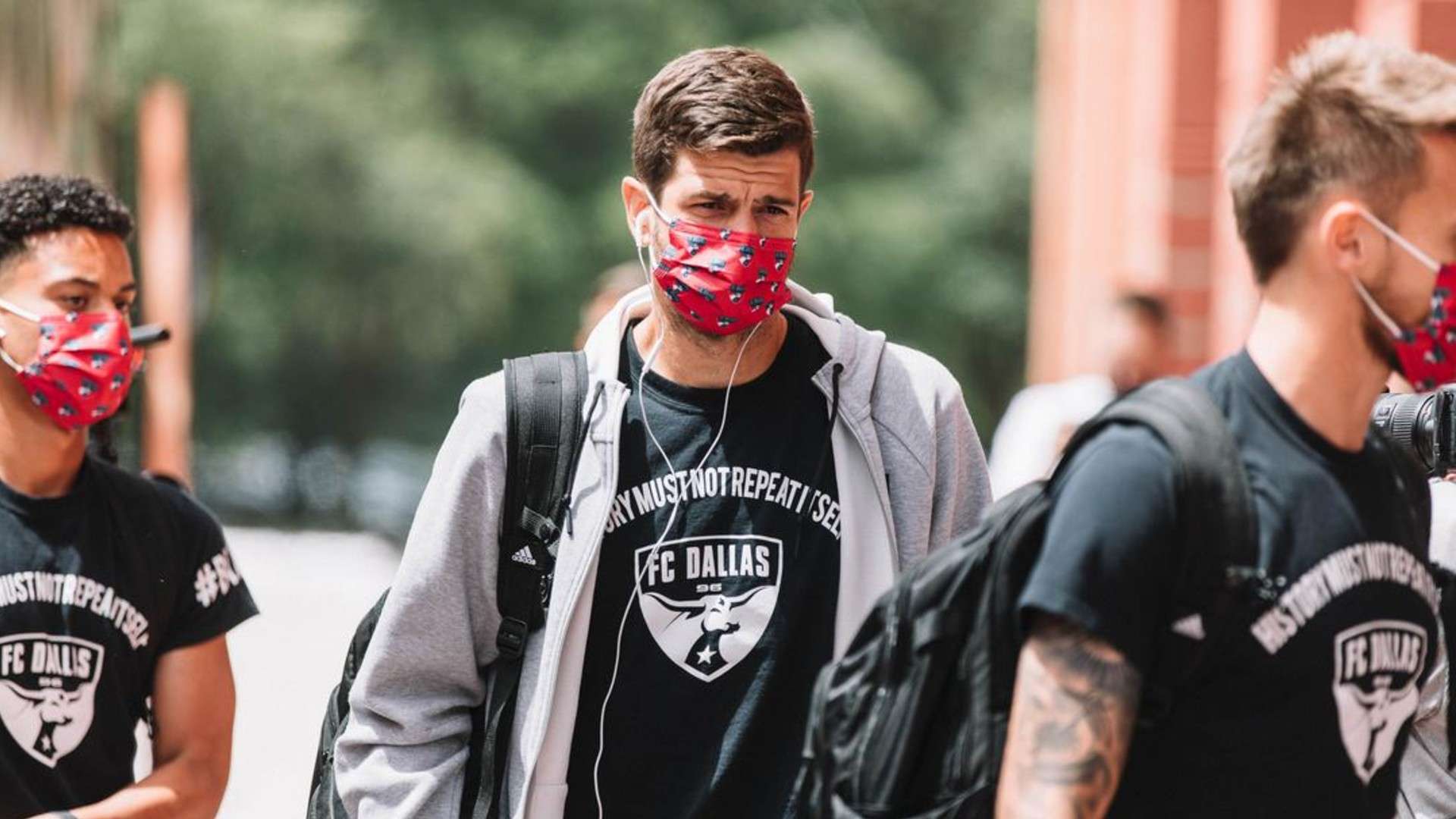 MLS
MLS
Players and coaches are just like every other person that currently faces the stresses that come with the uncertainty of this pandemic, and the thought of being locked on a campus for several weeks away from friends and family is daunting even in the best of circumstances.
Several MLS players have already expressed their frustration with the setup in Orlando, and a ball has not even been kicked yet.
When MLS planned for this tournament, the league could not have known what would happen. While virtually every other country flattened the curve by responding to the initial outbreak, the U.S. is now experiencing a second wave that could be even worse than the first.
The returns of European leagues were seen as a blueprint, but those competitions have thrived under vastly different circumstances than the ones MLS face right now.
The league insists everything will be fine, and there is no doubt that MLS will take every precaution they can. But this pandemic is much bigger than a few games of soccer, and there will always be an element of this that MLS cannot control.
There will always be risks, but at what point do those risks outweigh the rewards? The spotlight is on MLS and its decision-makers, and this tournament will be a massive moment in the league's short history, for better or worse.
How will LAFC (and MLS) cope without Vela?
Carlos Vela's 2019 campaign was nothing short of historic.
The Los Angeles FC star smashed record after record in dazzling fashion, emerging as perhaps the league's biggest star in the process.
But, when LAFC kickoff the MLS is Back tournament, they will do so without Vela, who has opted to skip the competition in order to be with his wife ahead of the birth of the couple's second child.
“I would like nothing more than to be with my team-mates in Orlando," the 2019 league MVP said. "I always want to give everything I have to my club, our fans and supporters and the city of L.A.
"However, it is in the best interest of the health of my family to stay home and be with my wife during what is a risky pregnancy. I will miss being with my team-mates and coaches, but I will be cheering and supporting LAFC from a distance.
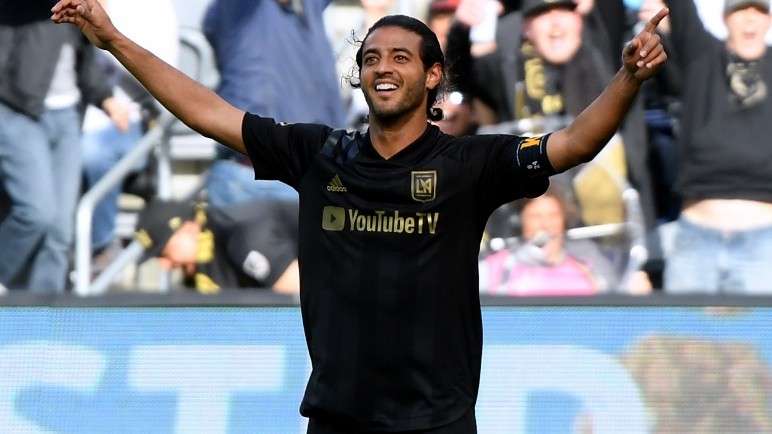 Getty Images
Getty Images
"I can’t wait to be back on the field, playing for all of you and accomplishing great things with our club. Vamos LAFC!”
It is not exactly a hot take to say Vela's absence will likely be a deathblow to LAFC's tournament hopes.
This is a team built around the Mexico forward's genius; a genius that led them to a historic points total last season. Without Vela, you do not have the same LAFC and, as a result, head coach Bob Bradley will need to do some shuffling.
Diego Rossi and Brian Rodriguez will be required to step up in a big way as well. The latter has shown he can, having scored 29 goals in his first two MLS seasons. The latter, though, has not, with Rodriguez failing to score across his first 14 MLS appearances.
While Vela's absence hurts on a micro level for LAFC, there is also the macro impact.
This tournament, as a whole, would be better with Vela in it. This is a time when MLS will have a chance to capture the casual viewer as the rest of America's major men's sports remain sidelined. Now, the league will look to capture those fans without the presence of a man that is likely the league's best and most recognizable player.
And even if you do not believe that Vela is the league's best player, there are a number of other key figures that will miss out.
Josef Martinez will not play for Atlanta United due to the knee injury he suffered during the CONCACAF Champions League. Jonathan dos Santos has not travelled due to a recent surgery. Reigning MLS Defender of the Year Ike Opara will not feature for Minnesota United due to health reasons.
Stars like Nani, Gonzalo 'Pity' Martinez, Jozy Altidore, Nicolas Lodeiro and Javier 'Chicharito' Hernandez will still be involved, but the lack of star power on display will give MLS a reason to be concerned.
What can we expect from Chicharito?
Speaking of Chicharito, it is safe to say that the first two games of his MLS career did not go to plan.
Brought in as Zlatan Ibrahimovic's replacement at LA Galaxy this summer, Chicharito's signing was, and still is, a massive moment for MLS. The Mexico star is one of the biggest signings in MLS history, but his first impressions in a Galaxy jersey were not the best.
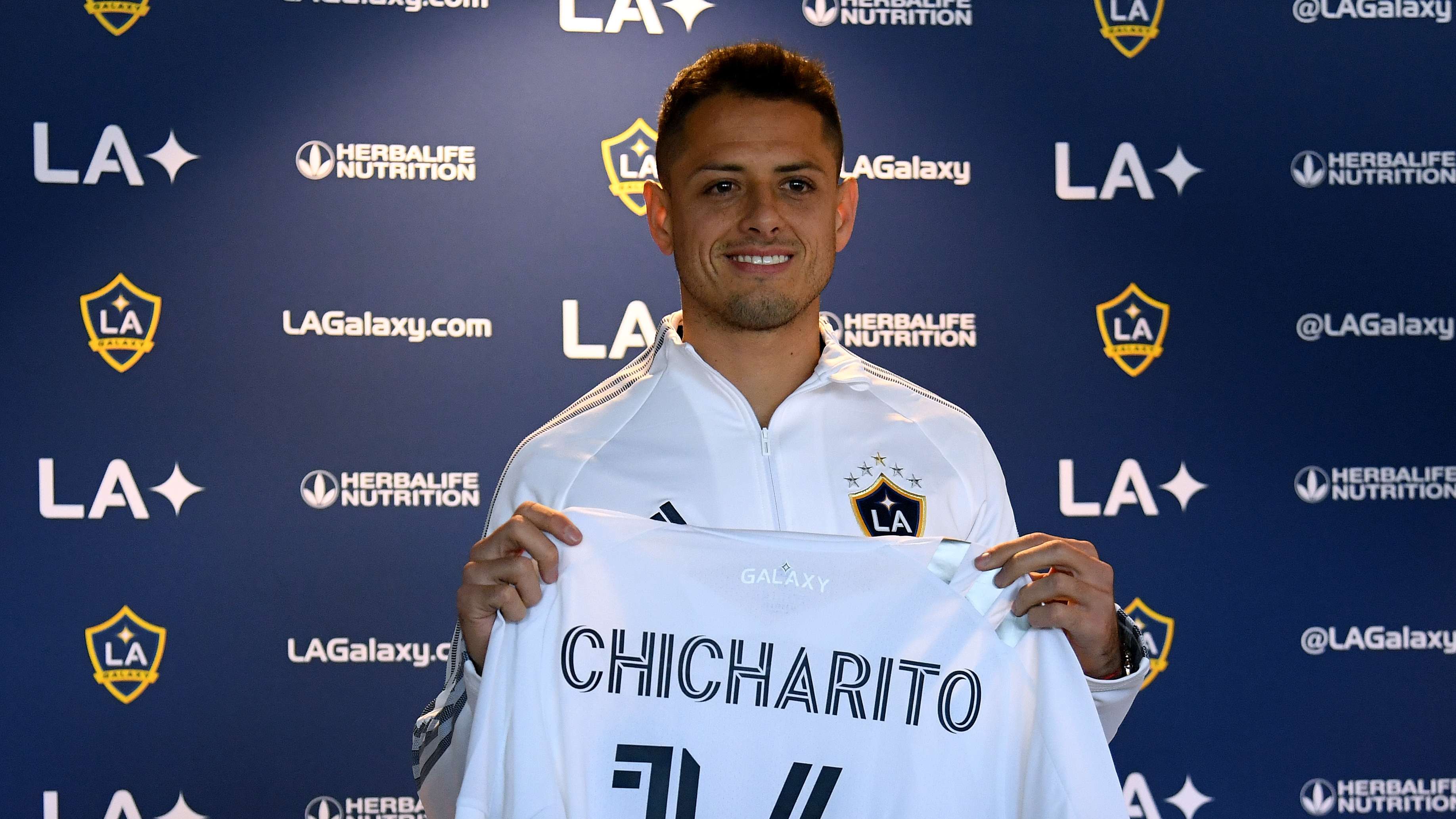 Getty
Getty
The former Manchester United star cut a frustrated figure through his first 180 minutes with the Galaxy, managing just two shots across a draw with the Houston Dynamo and a loss to the Vancouver Whitecaps.
And the Galaxy, as a whole, looked like a team devoid of ideas, settling for hopeful crosses and misplaced long balls that left Chicharito with little chance of success.
Chicharito is not Zlatan, but the Galaxy started the season with a gameplan that pretended he was. Doing so did not put him in a position to contribute, and continuing to do so will only put more pressure on the Mexican star's shoulders.
Instead, look for the Galaxy to change things up. Following his departure from the club following his wife's controversial Instagram posts, Alexandar Katai will need to be replaced, while midfielder Jonathan dos Santos will miss out on the tournament due to injury.
That could open the door for Efrain Alvarez, who in April was named on Goal's NxGn list, to join the lineup and contribute alongside the likes of Sebastian Lletget and Christian Pavon.
The good news is that Pavon did do this recently:
No matter who is in the lineup, though, the focus will remain the same: get Chicharito going. Doing that will be vital for the Galaxy, both in Orlando and when this league returns to some form of normalcy.
How will teams approach the group stage?
What happens when you take teams that have played just two matches in six months and put them in a World Cup-style tournament? The answer is: we have no idea.
After an abbreviated start to the regular season, MLS teams have had several weeks of training, depending on which city you operate in.
Now teams will be asked to play a series of matches in the sweltering Orlando heat, with the eventual winners forced to play seven matches in roughly a month.
It is a big ask for coaches such as Thierry Henry, now in charge at Montreal Impact, as these players were never fit to begin with, and there is almost no way that will have changed by the time the tournament kicks off given the circumstances.
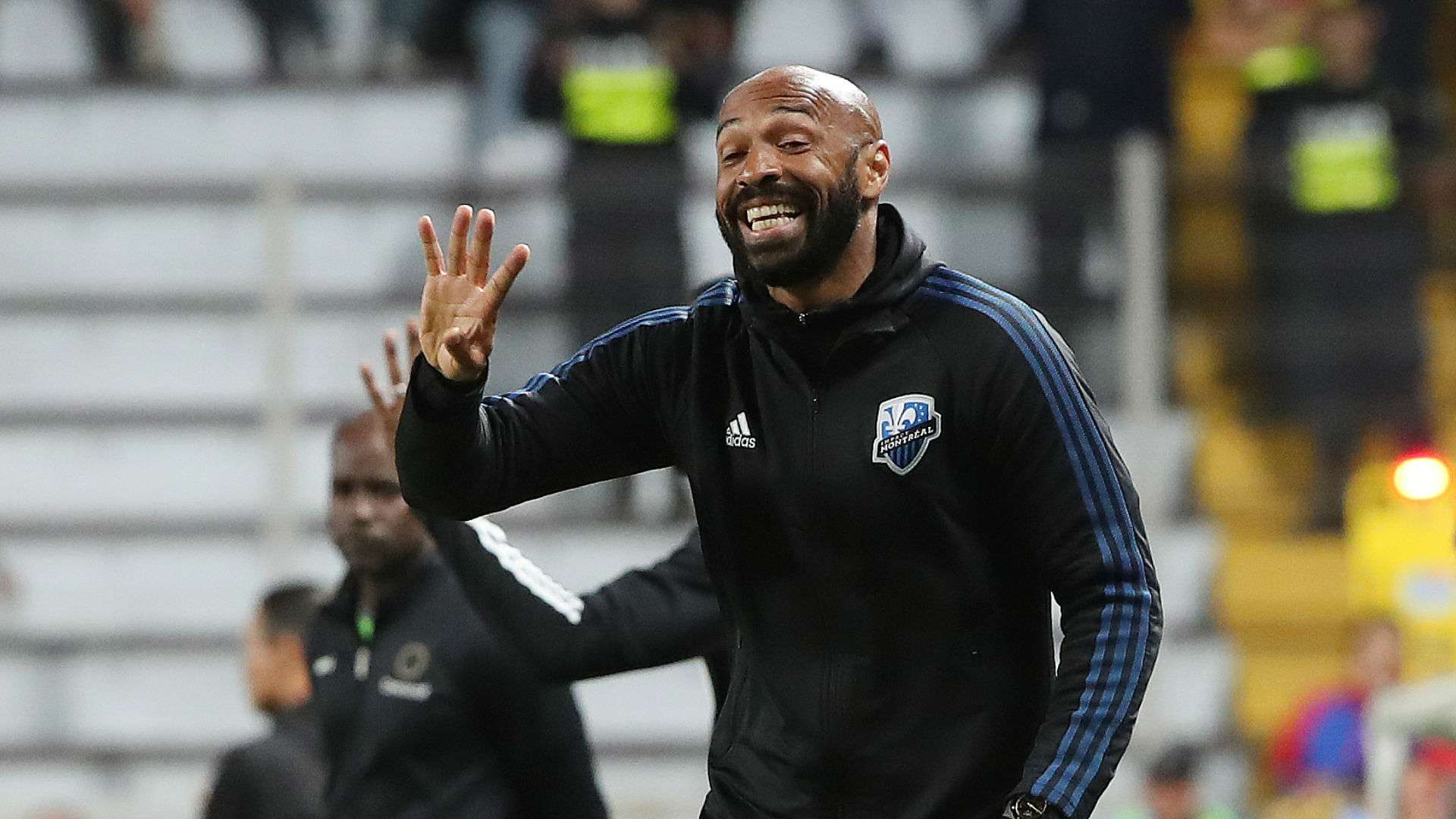 Getty
Getty
As a result, there are two ways this could go.
The first is that matches could be a bit of a slog, with players lacking the sharpness required to create meaningful chances and, ultimately, goals. The other way is that matches could be wide open due to the lack of familiarity and cohesion between team-mates.
Vancouver Whitecaps boss Marc dos Santos expects to see the latter.
“I think we'll see games that are going to become very open with a lot of opportunities,” Dos Santos told reporters in a conference call. “I think there's gonna be a lot of chances. I see a lot of goals in this tournament. The reason why I picture something like that is because I think that the heat is going to play an important factor.”
For those that follow MLS, seeing an extra bit of chaos in a tournament game is nothing new. The league's postseason has routinely produced classics, not all of which were defined by their mastery of technical or tactical aspects of the game.
However, it remains to be seen how teams will actually approach these initial group games. We know knockout matches are primed for chaos, but coaches may opt to be a bit more methodical in the opening rounds in an effort to build towards something.
Will coaches play for points in an effort to advance? Will teams settle for results? How will the fact that group matches count towards a regular season that we do not know will exist impact teams' mentality?
MLS is about to enter the great unknown.
